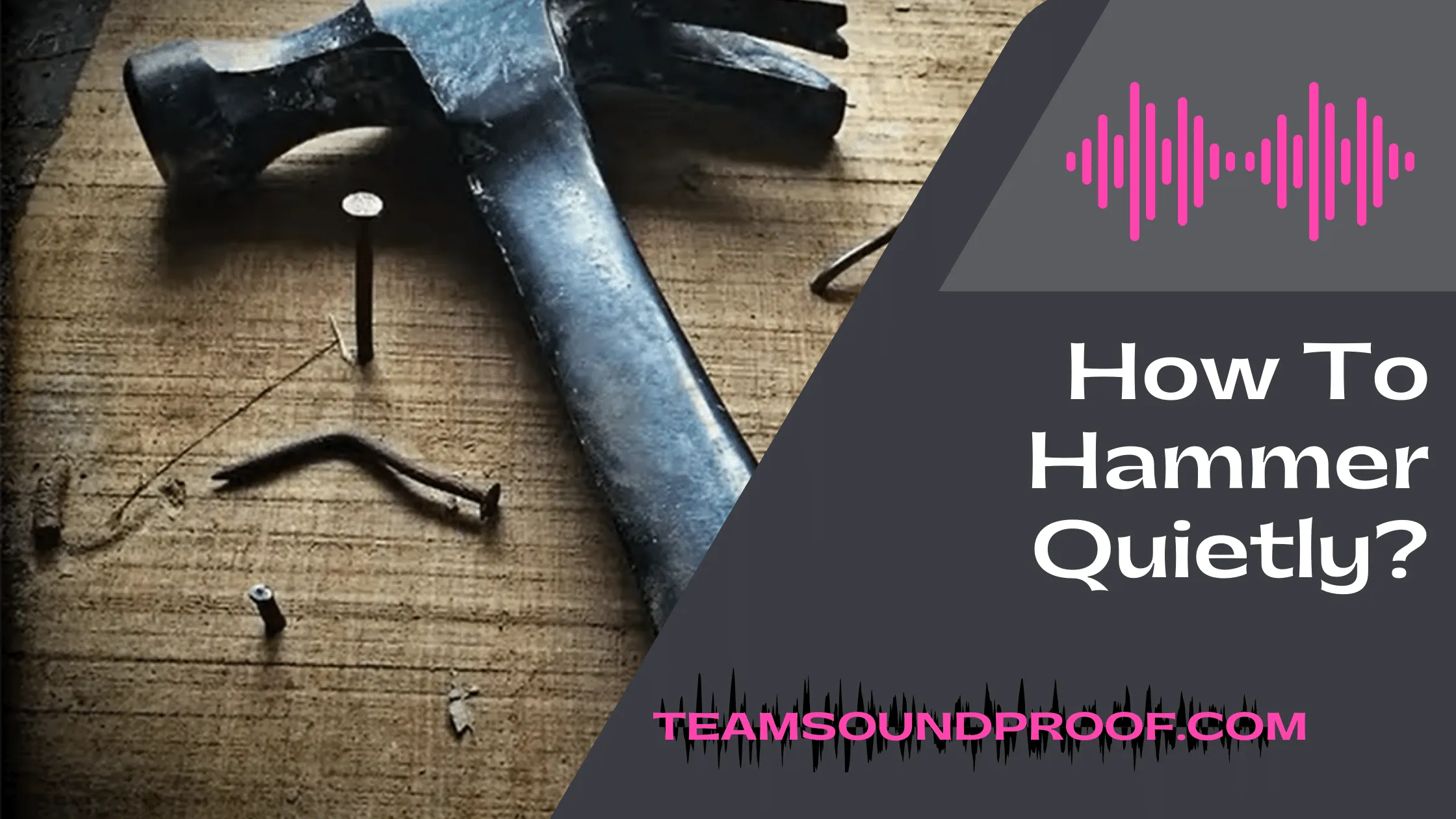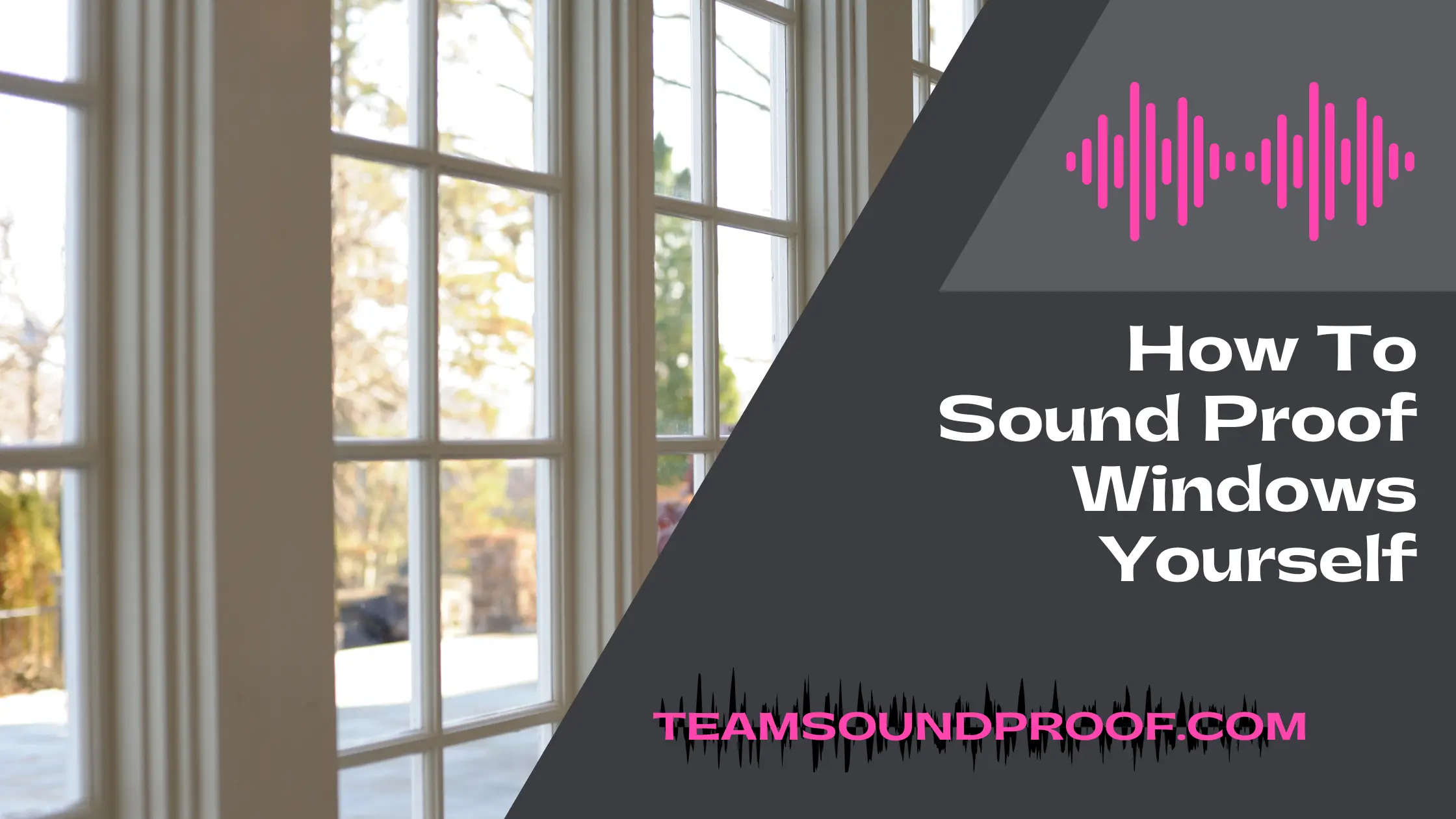For many of us, the sound of a bat at night can be quite spooky. Bats are nocturnal creatures that use echolocation to navigate and hunt for their prey.
While they may seem creepy, bats are actually quite fascinating creatures. Here, we’ll explore some interesting facts about bat noise at night and dispel some common myths about these misunderstood animals.
What Do Bats Sound Like at Night and Why Are They Making Noise?
Different bat species make different sounds. Some bats make high-pitched chirps, others make a deep humming noise, and others still emit a loud screeching sound.
Bats make noise for a variety of reasons. Some bats use sound to communicate with each other, while others use it to navigate in the dark. Bat sonar (or echolocation) is incredibly sophisticated and allows bats to accurately pinpoint prey or obstacles in their environment.
By emitting a high-pitched noise and listening to the echoes that bounce back, bats can determine the size, shape, and location of objects around them. This is why they tend to be so quiet during the day, they don’t need to rely on sound because they can see.
Bats also make noise when they are mating. Male bats will often vocalize to attract a mate and to establish their territory.
What Time of Year Do Bats Make the Most Noise?
Bats are most active at night during the spring and summer months when there is an abundance of insects for them to eat. However, bat activity can vary depending on the specific bat species. For example, some bat species are known to be more active during the day while others are more nocturnal.
Do All Bat Species Make Noise or Are They Just Certain Ones that Live in North America?
There are over 1,100 bat species around the world and they come in all shapes and sizes. Some bats make a lot of noise, while others are quieter. The ones that make a lot of noise are usually the fruit bats or megabats, while the smaller, insect-eating bats are typically very quiet.
In North America, there are around 47 bat species, and only a few of them make any noise at all. The most common bat species in North America that makes noise is the hoary bat. They’re often heard chirping or squeaking as they fly overhead. Other bats that occasionally make noise include the red bat, silver-haired bat, and eastern pipistrelle.
How Can You Tell the Difference Between a Bat Making Noise and An Owl Hooting or A Dog Barking?
There are a few ways to tell the difference between a bat making noise and an owl hooting.
- One way is by the sound itself. Bats tend to make a high-pitched, screeching noise, whereas owls typically make a low-pitched, hooting noise.
- Another way to tell the difference is by where the sound is coming from. If you’re outdoors and you hear a strange noise in the sky, and it’s too high-pitched for a bird, it’s more likely that you’re hearing bats.
- Conversely, if you’re outdoors and you hear a strange noise in the trees, and it’s too low-pitched for a bird, it’s more likely that you’re hearing an owl.
- If you’re unsure, the best way to tell the difference is by looking for the bat or owl itself. Bats are small, winged creatures that fly using echolocation, while owls are larger birds of prey that hunt at night.
Are There Any Ways to Stop Bats from Making Noise at Night or Drive Them Away from Your Home?
There are a few ways to stop bats from making noise at night or drive them away from your home.
- One way is to install a bat house. Bat houses provide bats with a place to live, and since they’re not in your home, they’ll be less likely to make noise.
- You can also install a bat exclusion system, which will keep bats out of your home altogether.
- Finally, you can use a bat repellent to drive bats away from your property.
All of these solutions should be used in conjunction with each other for the best results.
How Can You Reduce the Amount of Noise the Bats Make at Night if You Can’t Get Rid of Them?
There are a few things you can do to reduce the number of noise bats make at night:
Install a Bat House:
Bat houses provide bats with a place to roost that is away from people and pets. This will help to reduce the amount of noise they make at night.
Reduce the Number of Trees in Your Yard:
Bats prefer to roost in trees, so removing some of the trees in your yard will help to reduce the amount of noise they make.
Eliminate Clutter in Your Yard:
Bats like to hide in clutter, so getting rid of any objects or materials in your yard that could provide them with shelter will help to reduce the amount of noise they make.
Make Sure Your Windows and Doors Are Sealed Tightly:
Bats can enter homes through very small openings, so it’s important to make sure your windows and doors are sealed tightly to keep them out. This will also help to reduce the amount of noise they make inside your home.
Conclusion:
Although we cannot say for certain what is making the bat noise, it is likely that one of several things is happening. It could be that bats are simply communicating with each other, or they could be announcing their presence to potential predators or prey. The latter scenario would make sense, as bats tend to become more active at night and may feel vulnerable if they are out in the open. Whatever the reason for the bat noise, it’s always a good idea to give them space and avoid startling them.
Frequently Asked Questions
What are the disadvantages of bat noise?
There are a few disadvantages:
- The main disadvantage of bat noise is that it can be quite loud and disturbing, particularly at night. This can make it difficult to sleep or concentrate on tasks.
- Additionally, bat noise can be a sign that there are bats roosting in your home, which can be a health hazard.
- Finally, bat noise can also be a nuisance to your neighbors.






